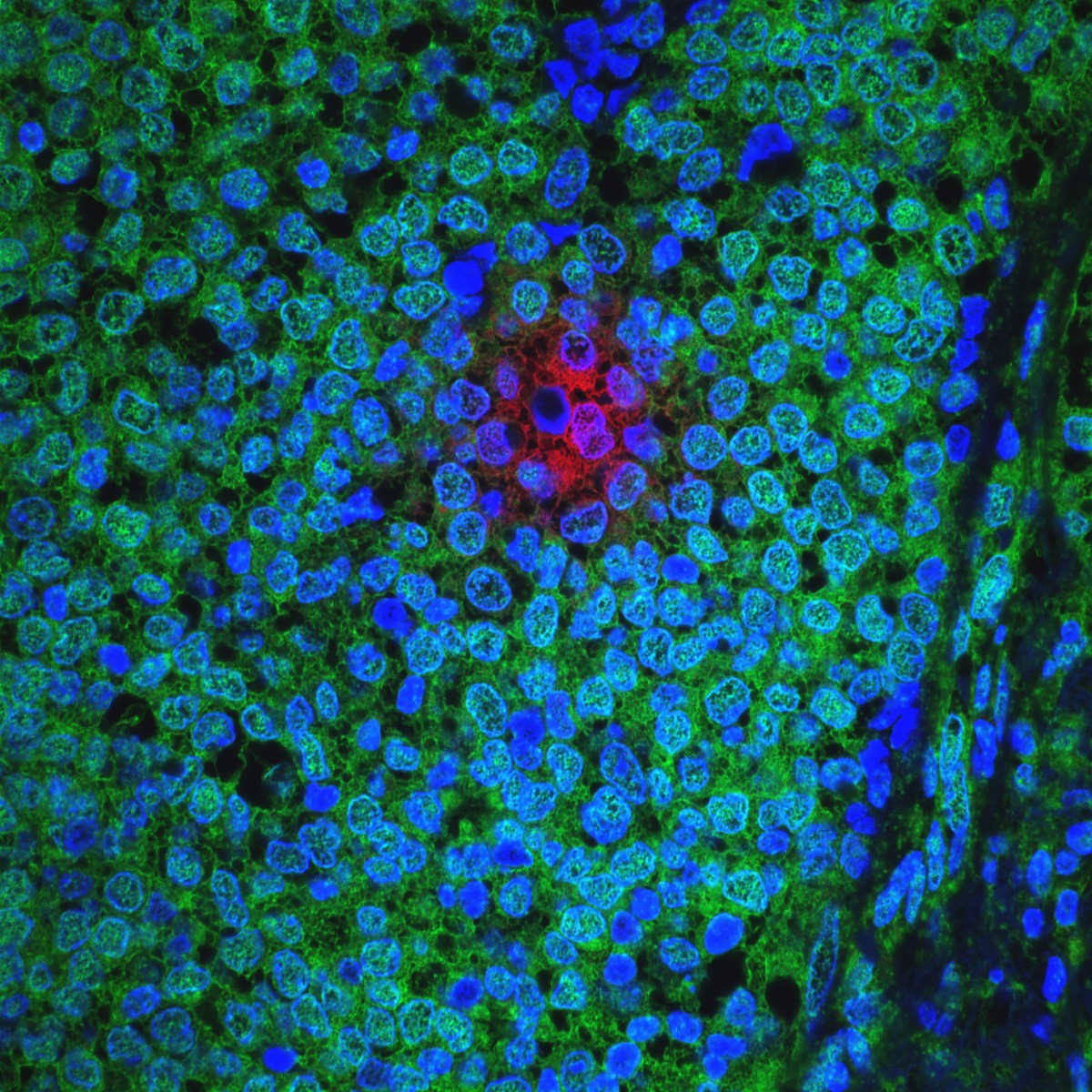Time: 2024-07-18

Artificial intelligence ( AI ) is revolutionizing the field of oncology , allowing for the prediction of gene expression from tumor images . Pangea Biomed , in collaboration with researchers from the Australian National University and the National Cancer Institute , developed the AI - powered ENLIGHT - DP method , which utilizes deep learning to analyze tumor images and predict patient treatment response . This technology has the potential to eliminate the need for costly genetic sequencing , offering a more efficient and precise approach to personalized cancer treatment.
ENLIGHT - DP works by first utilizing DeepPT , a deep learning framework , to analyze tumor images and predict genome - wide tumor mRNA expression . The study published in Nature Cancer found that DeepPT outperformed existing methods in predicting gene expression from images across multiple cancer types , showcasing its effectiveness in personalized treatment matching . Furthermore , the ENLIGHT platform analyzes the interplay between drug mechanisms and a tumor 's genetic profile to predict response to specific therapies , leading to a higher likelihood of treatment success.
In addition to image analysis , AI and machine learning algorithms are being used to analyze genomics data and improve cancer detection accuracy . Researchers at the International Centre for Genetic Engineering and Biotechnology ( ICGEB ) in Delhi discussed new advances in the field , highlighting the role of AI in enhancing patient outcomes and reducing healthcare costs . Institutions like the All India Institute of Medical Sciences ( AIIMS ) are leveraging AI systems to analyze radiological and histopathological images for breast and ovarian cancer cases , enhancing early detection and precision medicine.
Multi - omics approaches , which combine data from genomes , transcriptomes , proteomes , epigenomes , and metabolomes , are being utilized to classify different cancer cell clusters and identify molecular signatures of specific cancer types . AI tools such as ChINN , developed by teams like Nanyang Technological University in Singapore , aid in predicting chromatin interactions and identifying drug targets . Proteomics is also playing a crucial role in integrating multi - omics data to provide a comprehensive molecular understanding of cancer , leading to more targeted therapies based on genetic mutations and cancer subtypes.
The integration of AI and multi - omics data is shaping the future of precision medicine in oncology . By leveraging next - generation sequencing technologies and advanced AI algorithms , oncologists can design personalized treatment strategies that target specific molecular subtypes of cancer . This approach not only improves treatment response rates but also accelerates the development of novel cancer therapies while reducing research and development costs . The combination of AI technology and multi - omics data analysis holds great promise in advancing cancer research and improving patient outcomes worldwide.